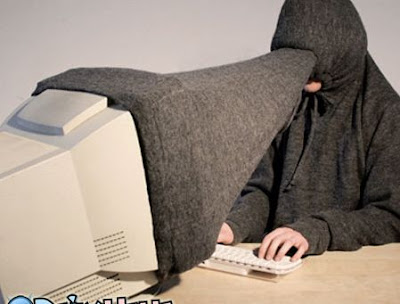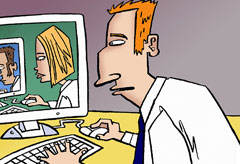As with most things are life, there are always positive and negatives. This is especially the case with the net, the internet censorship debate has many different views.
It is inarguable that the internet has changed the world. It has made the way we research easier; we have the wonders of the world at our finger tips; delight and desires realised at the touch of a button and it has revolutionised the way we shop and keep in touch with one another. This is especially helpful for those in remote places who long to keep connected to the rest of the world.
But there are negatives to the World Wide Web. It is now easier to access inappropriate material and the internet is a scouring ground for criminals to prey on the young and vulnerable.
As the internet has become more mainstream and embraced by society, the powers that be have censored the internet. All countries have some form of censorship imposed upon them; some may be rather lax whilst others take firm control over what can be viewed over the World Wide Web. 
No one is disputing that the internet can be a dangerous place full of uncertainties. But the level of censorship that government applies can be questioned.
Within certain countries the internet is totally restricted, the government decides what can and can not be viewed. Impossible, I hear you cry! But it is true. In these countries the government control all computers that have internet connection capability. Now, this obviously is the extreme of internet censorship.
But the government will obviously always argue that censorship is for the good and the welfare of the public. Protecting the young and the vulnerable is the reason for censorship. Yet, when there are no clear definitions of what is offensive or harmful, and then the debate flares.
The reason that there is such a debate over internet safety is down to the impact that this censorship has over the basic human right of Free Speech.
Some argue that censorship of the internet limits free speech and this goes against basic human rights. This is true, however there are laws relating to Free Speech that concern speech when it id classed as harmful, offensive or insights hate.
The problem arises, however, when considering what is classed as offensive. Everyone has a different view point built up by their own beliefs and experiences. If the internet was censored due to what every person found offensive, I doubt that there would be anything left.
This is where the internet censorship debate begins to get stuck. Depending on the individual’s viewpoint depends on whether internet censorship is a positive or negative regime.

